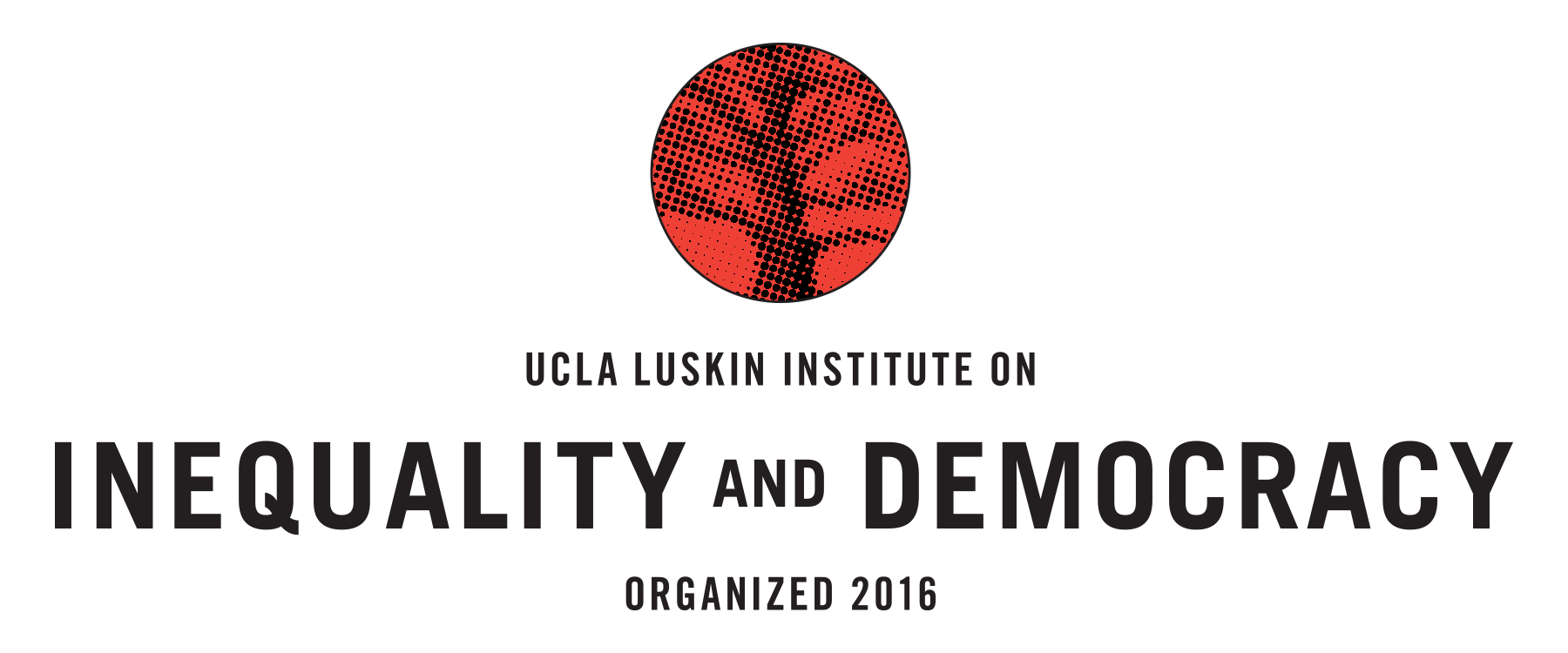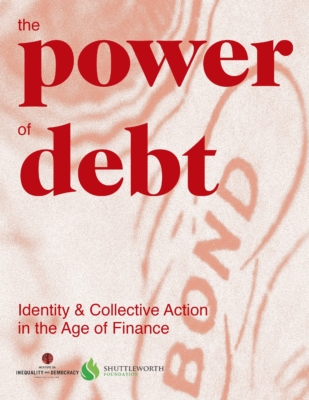The Power of Debt: Identity and Collective Action in the Age of Finance
Today, to be indebted is most often an isolating and shame-laden experience. Debtors are hounded by collectors via telephone and mail, their credit scores plummet, and along with them, their chances for housing, loans, and even employment. Morally and rhetorically, debt is widely described and experienced as an individual failure—the result of irresponsible choices. Indeed the rhetoric of financial irresponsibility and the resultant shame around indebtedness is one of the central obstacles “debtor” faces as a potential political identity. Nonetheless, “debtor” has both the empirical and the ideological potential to be a galvanizing and liberatory identity in the age of finance; indeed, it already has been in the past. By analogy, consider the shift in social meaning of “undocumented” or “queer.” Contemporary movements have mobilized to change the lived experience and public meaning of those categories from individualizing isolation and shame to counternormative social identities and platforms for collective empowerment and action. But this shift requires work. To transform “debtor” from the embodiment of isolation and shame to collective power requires organizing; it requires changing the language and the moral frame; it requires legal tools and direct actions and media coverage. Proud political identities—Undocumented! Queer! Debtor!—are not born; they are made.
Download >> The Power of Debt (Published April 12, 2019)


